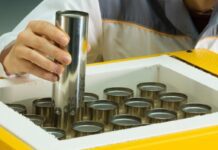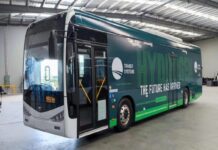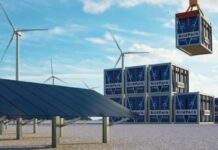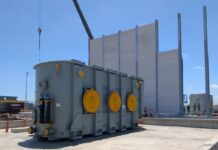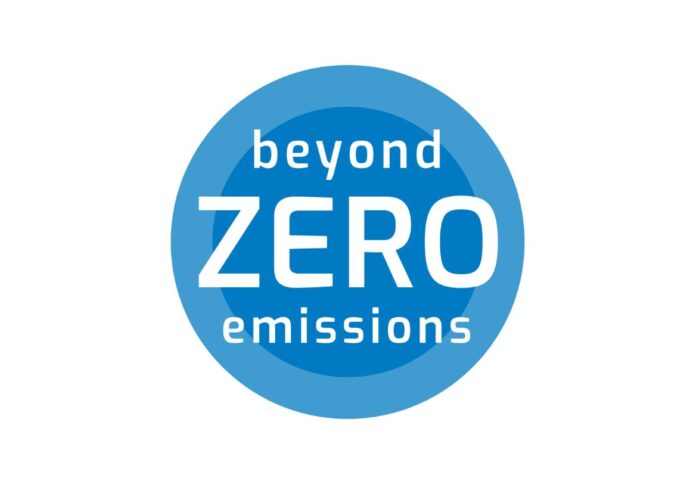
A report from industry think tank Beyond Zero Emissions (BZE) has highlighted Australia’s capability to establish a battery manufacturing industry for the nation’s grid and heavy vehicle battery markets.
In a media release, BZE CEO Heidi Lee said Australia has the potential to grow from a “dig and ship” approach to a “mine and make” nation by mining and refining lithium and other minerals and manufacturing batteries onshore.
The world will require 280,000 GWh of battery storage by the year 2050. China produces just 12,000 GWh a year, or three-quarters of current global annual production. For perspective, Australia’s biggest battery under construction at Waratah has a 1.7 GWh capacity.
“The world demand for storage is so big that no one country can possibly fill it. Australia provides half the world’s lithium, but we capture less than 4% of the battery value,” Lee said.
According to the BZE’s Battery Supply Chain report, an Australian battery manufacturing industry could create 44,000 jobs and $57 billion in GDP in 2035.
The ideal places to establish battery manufacturing hubs include industrial regions such as Hunter Valley, Latrobe Valley, Central Queensland, and Kwinana in Western Australia.
The report suggested that a $2 billion investment will be needed to establish battery cell manufacturing and non-cell technology to support a mining-to-battery production supply chain.
Brian Craighead, CEO of Tomago-based long-duration lithium battery manufacturer Energy Renaissance, said this investment will support the creation of a new battery cell factory in Australia instead of buying the cells from countries such as China.
Furthermore, Australia would have to double its Capacity Investment Scheme, which supports investment in storage and dispatchable energy, from 6GW to 12 GW by 2030 and 24GW by 2035.
The BZE report also recommended replicating Australia’s rooftop solar success by including battery storage in small scale, establishing a renewable energy scheme to make batteries cheaper for households, and setting Production Tax Credits to attract investment in battery manufacturing.
Dr Thomas Nann, CEO and co-founder of Hunter-based Allegro Energy, said the increased government funding for Australian battery manufacturing would bolster the nation’s potential to become a global leader in green energy storage, innovation and manufacture.
“Australia’s rooftop solar and roll out of large-scale renewable energy has created the opportunity for storage to deliver low-cost energy to community and industry,” BZE CEO Lee said. “Making batteries here in Australia can also help secure our energy independence whilst delivering clean mining and manufacturing jobs.”


